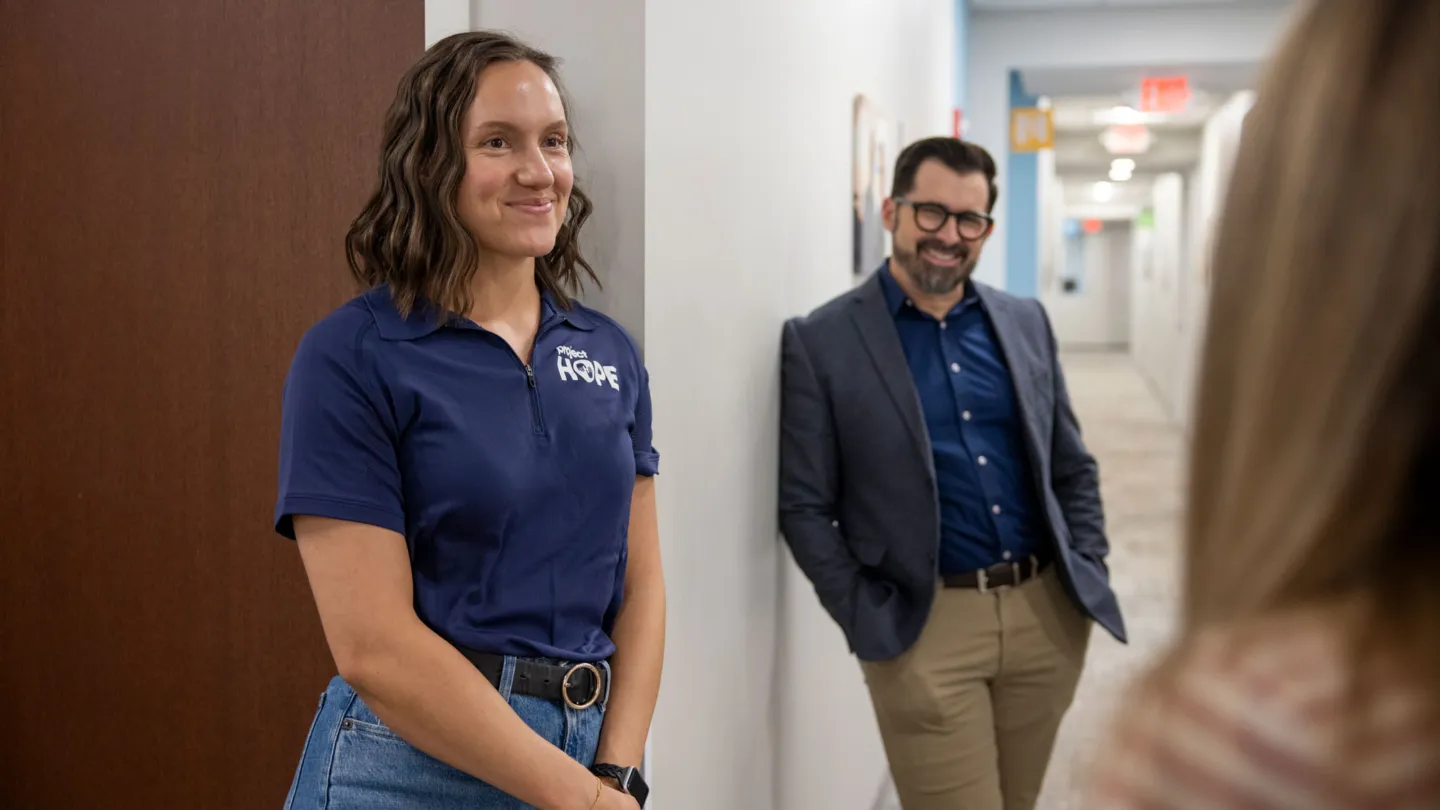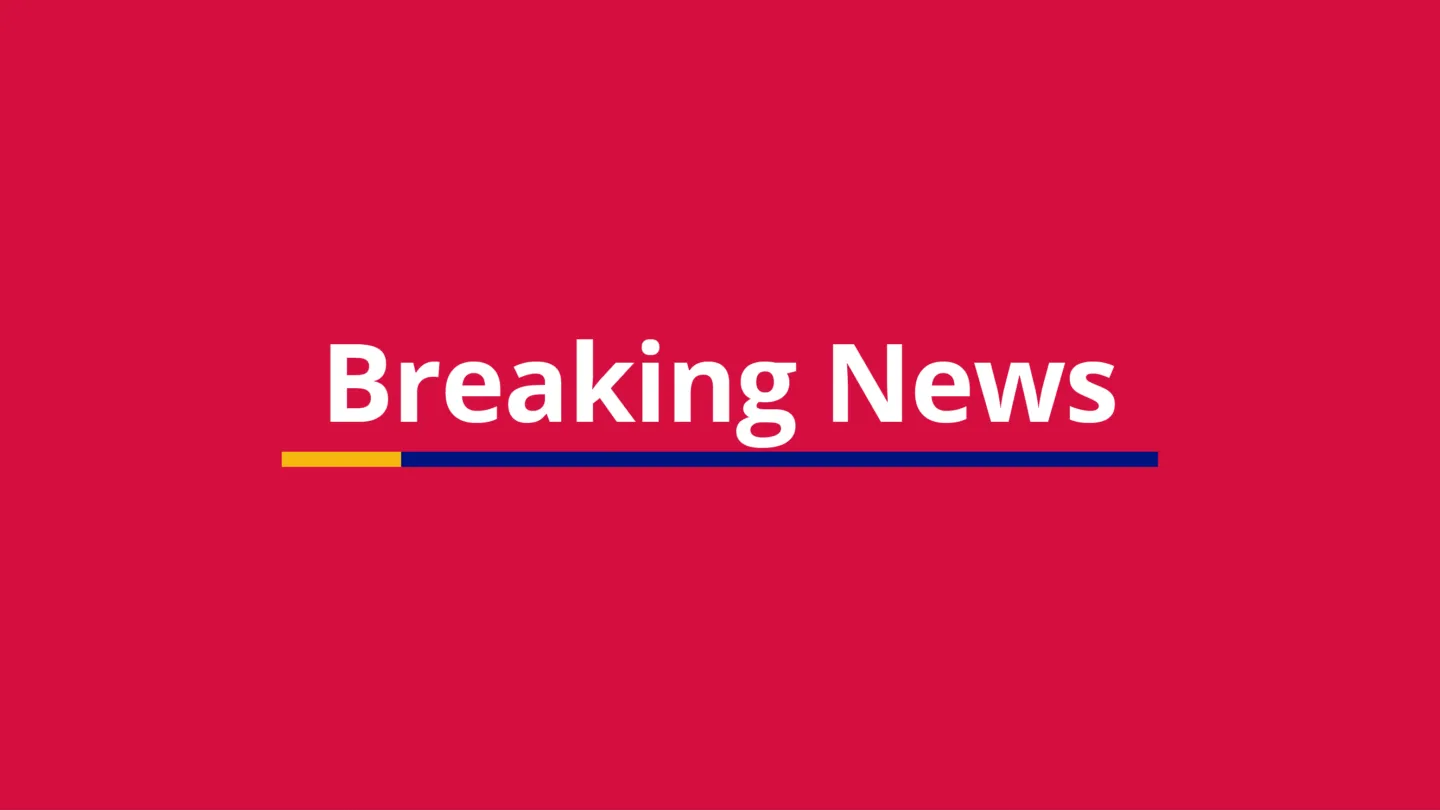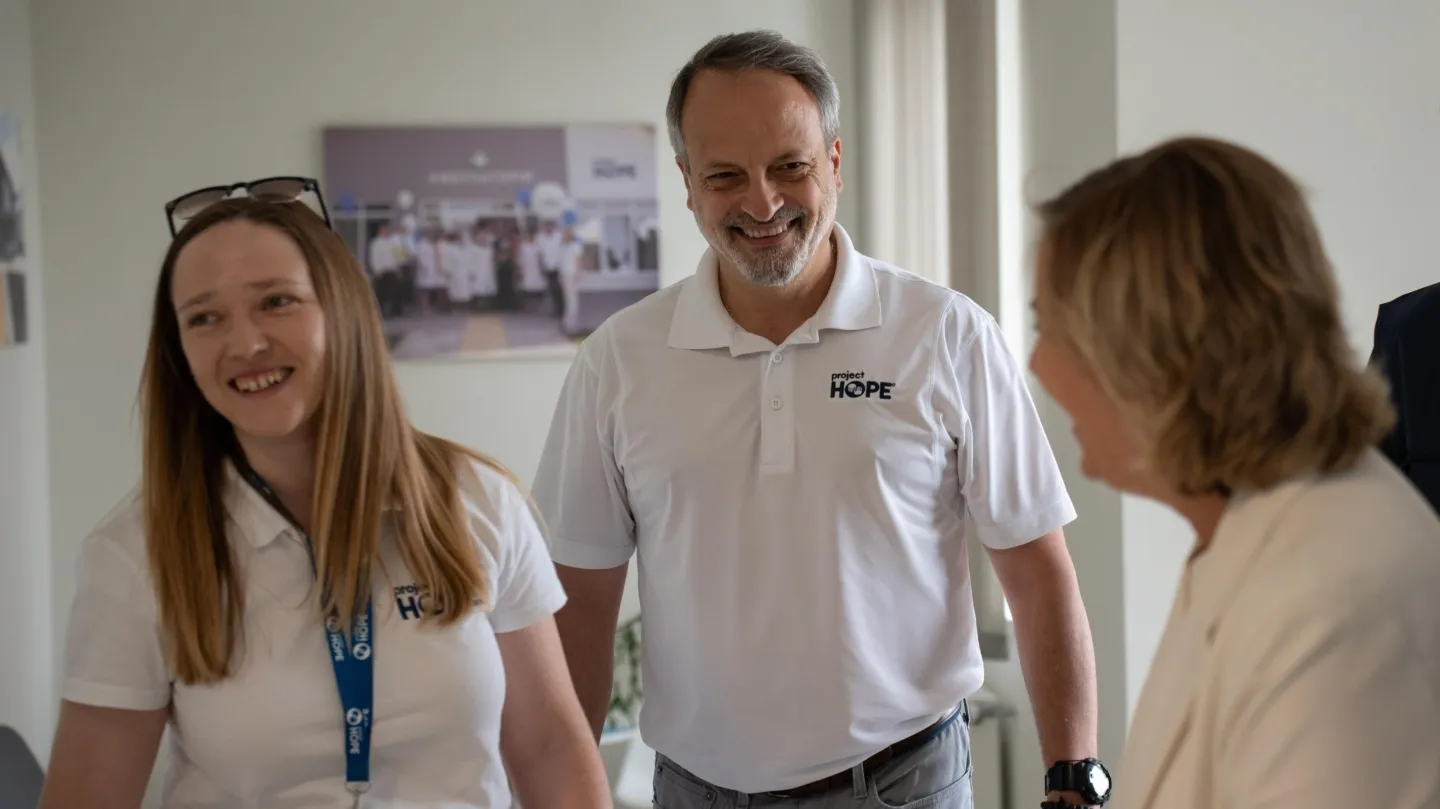How Young People Are Changing the Mental Health Conversation
Project HOPE is empowering young people around the world to become mental health champions and change the narrative on youth mental health.
Adolescence is a pivotal stage — a formative time when the brain is rewiring and young people navigate questions of identity and belonging.
For Franchel Rodriguez, it was anything but easy.
Growing up in the U.S. Virgin Islands, Rodriguez’s teenage years were marked by hardship, self-doubt, and emotional turmoil. Caught in an abusive relationship, his self-esteem plummeted and the pieces of his life slowly fell apart.
“I had to drop out of school and withdraw from college for at least a year and a half,” he says. “I had nowhere to stay besides living with him, and I made the decision that I would rather be homeless and live on the streets.
“I viewed myself as less of a person. I even wanted to hurt myself.”
Leaving the relationship marked the beginning of a turning point. Rodriguez made a commitment to put himself first — to love himself first. That choice eventually led him back to school and back to hope.
“Project HOPE helped me to see the broader spectrum of mental health,” he says.
Rodriguez is one of millions of young people grappling with serious mental health challenges around the world. “We’re in the middle of a youth mental health crisis,” says Pamela Londoño, a Project HOPE mental health advisor. “Headlines remind us of rising depression rates, more suicides, and the pressure that youth are facing.”
These aren’t just headlines. Research shows that one out of every seven people ages 10 to 19 experience a mental health disorder, while suicide is the third leading cause of death among youth worldwide. In the U.S., one in five high school students say that they often feel sad and hopeless.
“In the Virgin Islands, we have a lot of stigma,” Rodriguez says. “We have cultural barriers. Some people have fears of being labeled as crazy, because when we talk about mental health here the first thing a lot of people says is, ‘Oh, you’re crazy.’”
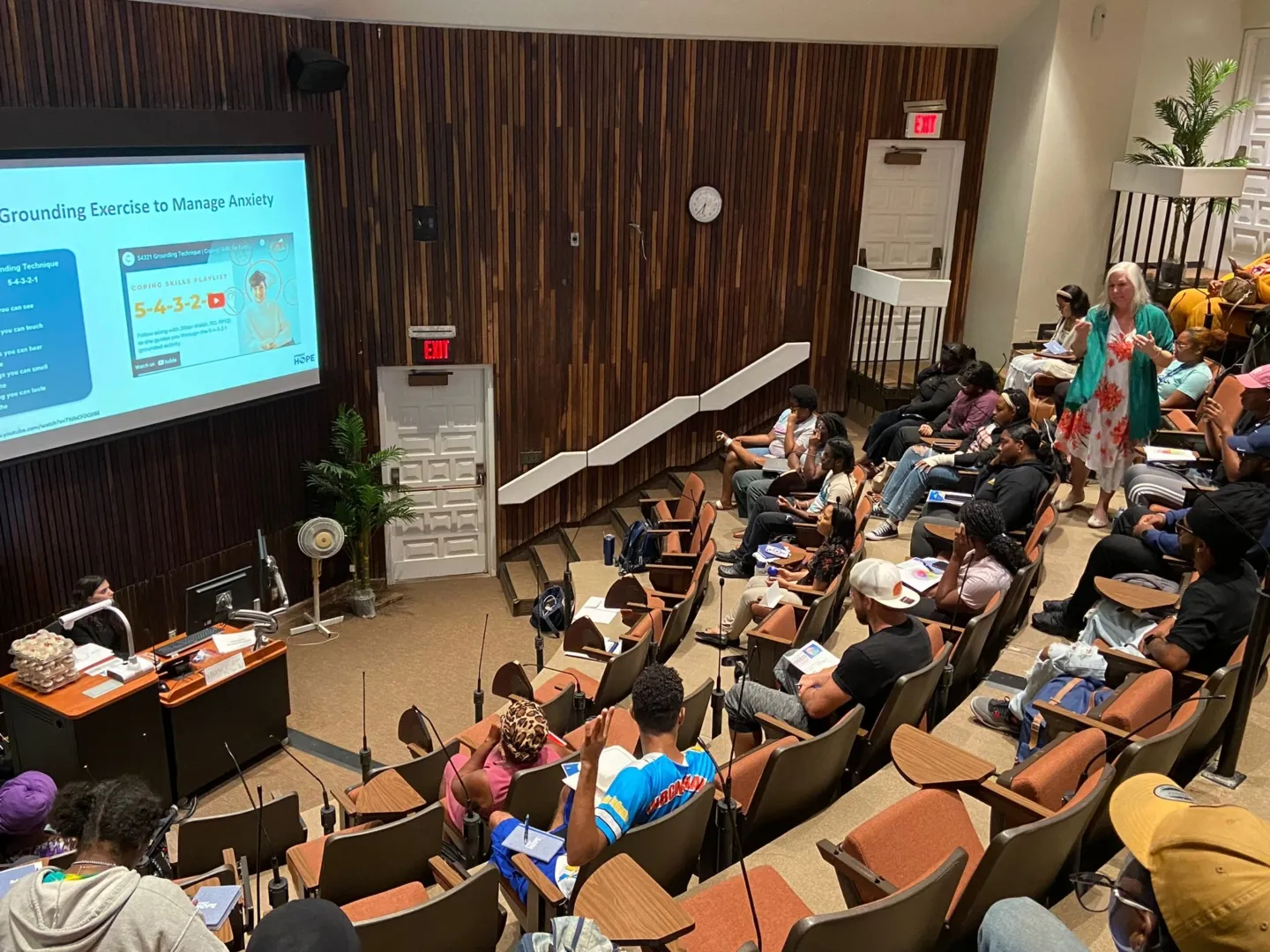
“This crisis is real and urgent, but getting access to mental health care is challenging,” Londoño says. “I think it’s really important to start thinking beyond the traditional care model and focus more on what we can do to address the root causes before the onset of any mental health disorder.”
Project HOPE focuses on prevention and promotion in mental health, empowering young people to manage their mental health states, reaching entire communities, strengthening family bonds, and normalizing the conversation around mental health.
In 2024, we began rolling out an eight-session curriculum and peer support model to support youth from low-income backgrounds in the USVI, adolescents living with HIV in Nigeria, and adolescents from migrant families in Costa Rica. Sessions covered skills like decision-making, stress management, emotions, stigma, and other important topics.
“We make sure to address these topics using context-specific and age-appropriate content, games, and engaging activities,” Londoño says. “This is really critical to enhance learning outcomes. Facilitating in-person trainings is also key.”
Some of the youth who have participated, like Rodriguez, have become mental health champions and gone on to lead awareness-raising activities in their schools and their communities, choosing topics most important and relevant to them.
“Teens often listen more to each other than they do to adults, and that’s why the peer-led model worked really well,” Londoño says. “Youth felt empowered, heard, and acknowledged. Taking the lead on these activities empowered them to spread messages, to speak up, and to advocate for mental health.”
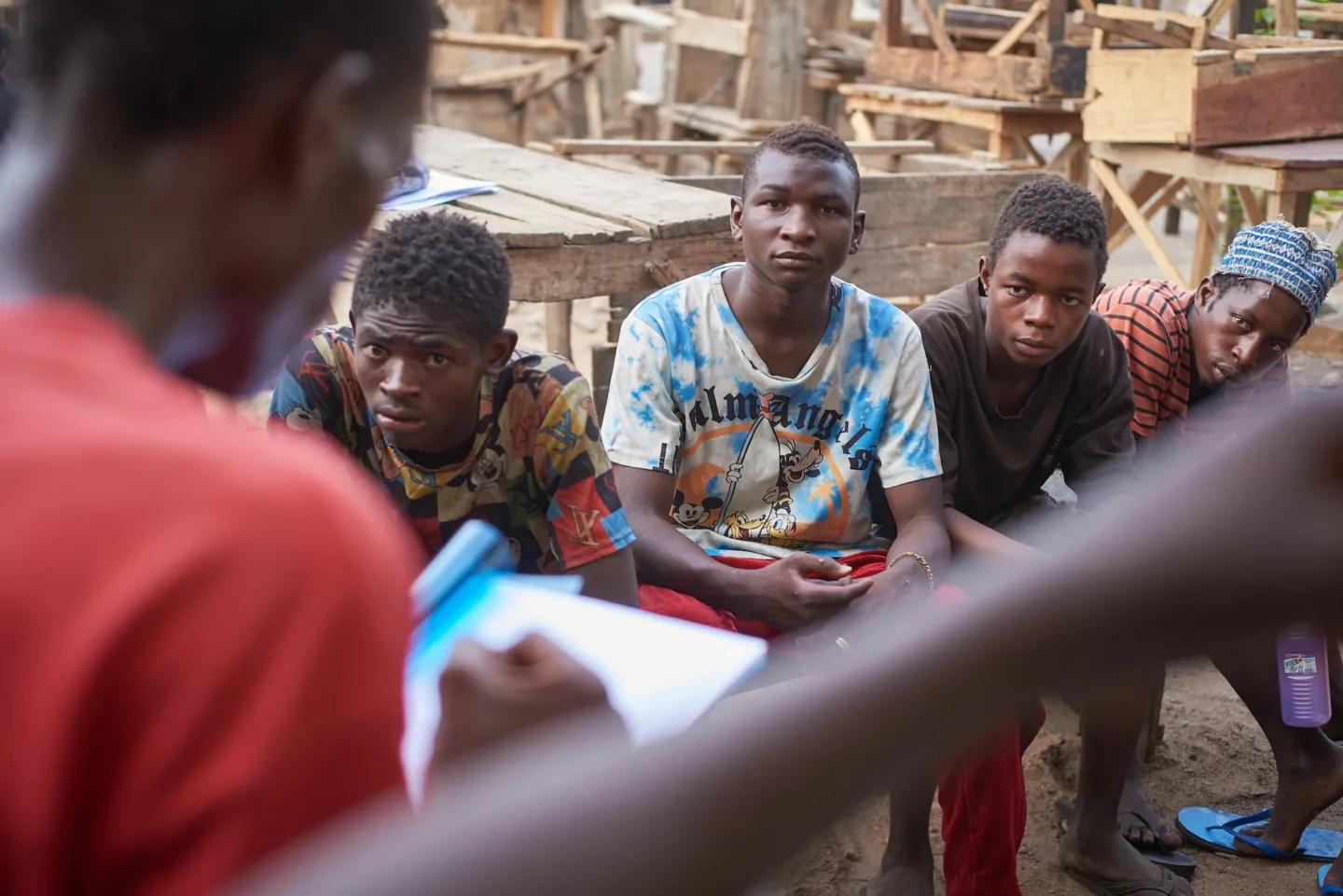
The project reached 739 youth across the three countries. Around 20 selected mental health champions led 32 activities, reaching over 2,100 people, and broader campaigns including radio shows and rallies reached over 555,000 people.
“Participating in the program was a transformative experience for all, including myself,” Londoño says. “We noticed at the beginning many participants were shy. They didn’t want to talk much, but over time, they started to open up. Facilitators told us that they started to build trust with them, and that trust became a really productive factor.”
Now a mental health champion and first-year nursing student, Rodriguez is using his experiences to inspire others and help those who are struggling.
“I see myself helping others thanks to Project HOPE,” he says. “We talk about how we can incorporate coping skills, emotional regulation, and stress management. It’s a safe space where we can talk about mental health without judgment.”
Rodriguez shares tools to help manage anxiety, depression, and stress, and works to foster a supportive environment.
“I’ve realized that I’m not the only one facing this issue,” he says. “I like to say to people, ‘I am here for you. You’re not alone in this. And it’s okay to feel how you’re feeling.”

